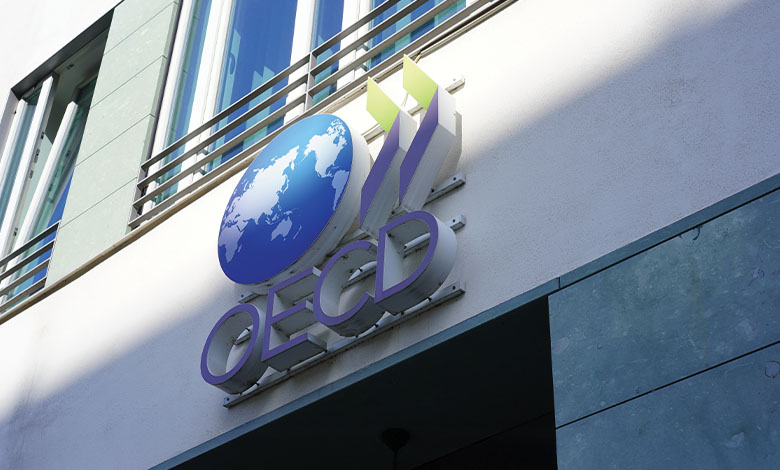
Acorn and Oaklee Housing thinking outside the funding box
26th October 2021
Sustainable business performance of social housing providers
26th October 2021Adequate housing in Ireland
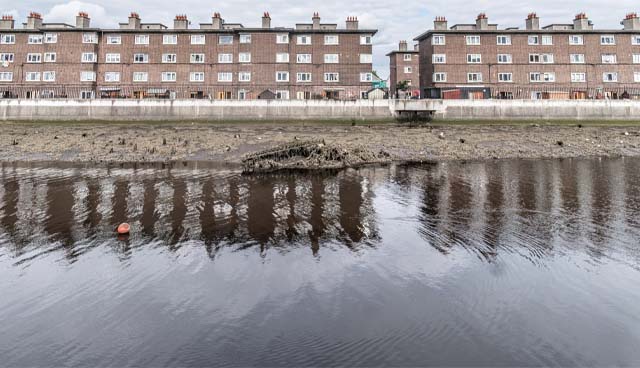
The 219-page Monitoring Adequate Housing in Ireland report proposes a set of six indicators for monitoring the right to adequate housing in Ireland and provides baseline figures across a range of dimensions and across different social groups in Ireland.
Jointly published by the Irish Human Rights and Equality Commission (IHREC) and the Economic and Social Research Institute (ESRI) in September 2021, Monitoring Adequate Housing in Ireland considers six metrics for housing adequacy. These are: access; affordability; security of tenure; cultural adequacy; housing quality; and location.
Adequate housing as a right is referenced in Article 25 (1) of the Universal Declaration of Human Rights (UDHR): “Everyone has the right to a standard of living adequate for the health and well-being of himself and of his family, including food, clothing, housing and medical care and necessary social services, and the right to security in the event of unemployment, sickness, disability, widowhood, old age or other lack of livelihood in circumstances beyond his control.”
This is elaborated upon in Article 11 of the International Covenant on Economic, Social and Cultural Rights (ICESCR). Article 11 determines: “The states parties to the present covenant recognise the right of everyone to an adequate standard of living for himself and his family, including adequate food, clothing and housing, and to the continuous improvement of living conditions.”
The UN Committee on Economic, Social and Cultural Rights explains this in General Comment No. 4 (1991) and in General Comment No. 7 (1997). The characteristics of the right to adequate housing are: Legal security of tenure; affordability; habitability; availability of services, materials, facilities, and infrastructure; accessibility; location; and cultural adequacy.
Monitoring Adequate Housing in Ireland outlines the centrality of adequate housing to quality of life. “Housing provides safety and shelter and underpins people’s ability to hold employment, participate in education, and otherwise engage with civil society,” it notes.
In her foreword to the report, Sinéad Gibney, Chief Commissioner at the IHREC argues that Irish housing policy “must urgently move away from primarily treating housing as a commodity”. Amid the removal of emergency legislation enacted during the crisis to protect tenants, she advocates for the enshrinement of a right to adequate housing in Bunreacht na hÉireann.
“A rights-based approach to housing not only acknowledges that housing is more than bricks and mortar,” Gibney writes, adding: “It combats inequality in housing which is pervasive across the Irish housing sector.”
Referencing an IHREC 2020 survey, in which 82 per cent of respondents indicated that they consider housing to be a basic human right, she maintains that adequate housing enables all members of society to achieve their full potential, while contributing to a more just and inclusive society.
Monitoring Adequate Housing in Ireland establishes a framework to monitor adequate housing through the identification of indicators to measure progress, while providing baseline figures on the housing circumstances of several social groups either prior to, or during the onset of the Covid-19 pandemic.
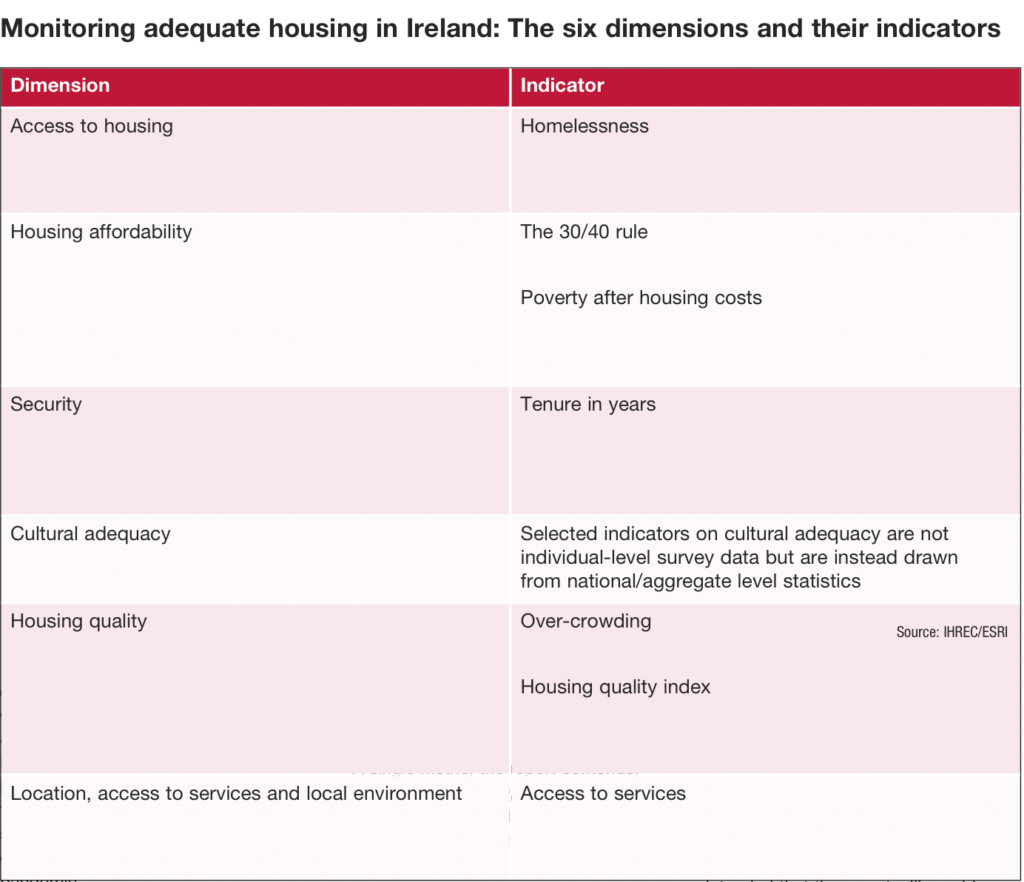
The rationale underpinning the report is the development of indicators to understand progress towards achieving adequate housing and to demonstrate inequalities in housing outcomes. It is primarily descriptive and not intended to analyse the factors behind disparities in outcomes.
A single metric, the report contends, would not accurately reflect the complexity and multidimensional nature of housing in Ireland.
Undertaking consultation with 30 stakeholders representing a range of civil society groups, government departments and agencies, alongside researchers, the research also explored several national datasets.
The report proposes a baseline measurement framework of six key indicators, similar to those identified in the ICESCR: access; affordability; security of tenure; cultural adequacy; housing quality; and location.
Across these selected dimensions, it is intended that the report will provide a baseline to measure the progression and/or regression on the right to adequate housing. Simultaneously, it can also determine experiences and outcomes for groups such as ethnic minorities, women, lone parents, younger and older people, and migrants.
Acknowledging its limitation in providing a “snapshot of adequate housing” prior to or in the initial stages of the pandemic, the report suggests it can “inform debates about the appropriate policy responses to the pandemic and provides a baseline for monitoring progress in achieving adequate housing”.
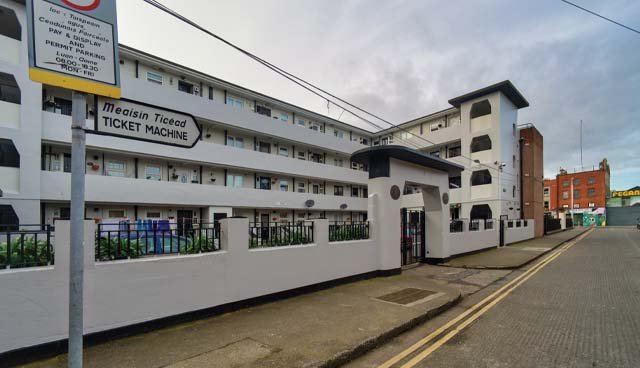
The report produced five primary findings and identified four key challenges.
Findings:
1. Lone parents disproportionally affected: Less than one-quarter of lone parents reported home ownership when compared with 70 per cent of the total population. Lone parents were more likely to report home affordability challenges (19 per cent) when compared with the general population (5 per cent) and are more vulnerable to housing quality problems such as damp and a lack of central heating (32 per cent) when compared with the population as whole (22 per cent).
2. Ethnic groups at higher risk of overcrowding: More than 40 per cent of Black/Black Irish people, 39 per cent of Irish Travellers and over 35 per cent of Asian/Irish Asian people live in overcrowded accommodation, compared with 6 per cent of the total population.
3. Almost half of migrants live in the private rental sector: Only 9 per cent of people born in Ireland live in the private rental sector, compared with close to half of migrants (48 per cent). Migrants from Eastern Europe (28 per cent) and non-EU countries (27 per cent) in particular are more likely to live in overcrowded conditions.
4. Disabled people more likely experience housing quality problems: 29 per cent of people living with a disability are experiencing housing quality problems, compared with 21 per cent of those without a disability. Disabled people are also more likely to report fuel poverty and rent/mortgage arrears.
5. People experiencing homelessness continued to be denied basis housing adequacy: In March 2021, 5,894 adults were availing of homeless services, including 913 families who had 2,166 dependents. For these people, the most basic metrics of housing adequacy as defined by the UDHR are not being met.
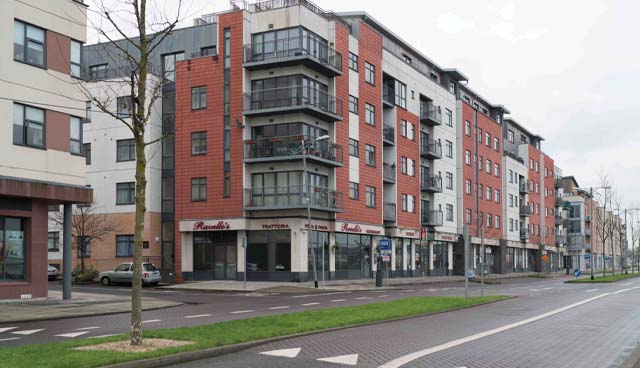
Challenges:
1. Covid-19 and homelessness: The potential for homelessness to rise once pandemic protections are removed, allied with limited housing supply amid construction restrictions, is a “real risk”. The report emphasises that homeless figures do not account for ‘hidden homelessness’ or those not in contact with homeless services.
2. Rent inflation exceeding wages: Since 2007, rent costs have increased at a rate of almost 40 per cent in Dublin and around 20 per cent elsewhere. Each of these rates exceeds the average wage in Dublin and elsewhere. A 2020 estimate suggests that the average monthly rent cost in Ireland is 31 per cent of average monthly earnings.
3. Policy shift to private rental accommodation: Those with housing needs, including at risk groups, have been exposed to challenges relating to security of tenure and housing quality by the policy of addressing housing need through the use of private rental accommodation through HAP.
4. Inadequate data: As a result of increased discrimination in their search for accommodation, ethnic minorities are more likely to experience overcrowding and homeless. Conversely, across most existing metrics of housing adequacy, there is no measure of ethnicity or asylum seeker status.
Research professor at the ESRI and lead author of the Monitoring Adequate Housing in Ireland, Helen Russell asserts: “Adequate housing is essential to quality of life. Inadequate housing is associated with poor physical and mental health and restricts people’s ability to participate in education, employment, and the community.
“This research provides a framework for monitoring adequate housing in Ireland and highlights key challenges to achieving adequate housing including the lack of housing supply and affordability issues. Security is increasingly important given the growing reliance on the rental sector, but we currently lack appropriate measures of security at the individual level.”



